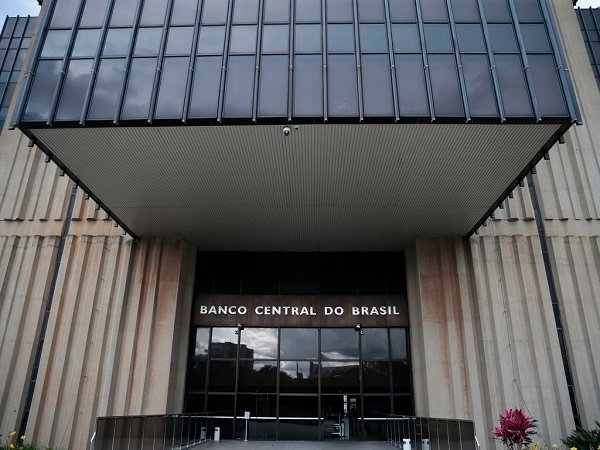On Wednesday (03/05), the Central Bank maintained the Selic rate at 13.75% per year. It is the highest interest rate in the world in real terms, discounting each country’s inflation. The decision displeased the government, whose economic objectives depend on the lowering of interest rates to provide cheaper credit to industry, stimulating economic growth and job creation.
This Content Is Only For Subscribers
To unlock this content, subscribe to INTERLIRA Reports.
Explanation
To justify the decision to maintain the interest rate, BC directors said that the current situation demands “patience and serenity”. It also highlighted the “resilience” of the labor market and added that a new rise in rates was “less likely”. Since March, economists’ inflation expectations have continued to deteriorate and economic activity has shown strength, despite the interest rate policy.
Lula’s Criticisms
On Saturday (6), President Luiz Inácio Lula da Silva (PT) said that the president of the Central Bank, Roberto Campos Neto, “has no commitment to Brazil”, but to the government of Jair Bolsonaro, “who appointed him”. He added that the Central Bank has autonomy but, by law, it also has “a commitment to economic growth and an increase in wages, in the purchasing power of the people”.
Interest Rate
The interest rate is one of the country’s main instruments for controlling inflation. When the Central Bank increases interest rates, credit (loans) becomes more expensive and companies invest less, which helps to contain rising prices. Though, this measure also reduces job creation and economic growth.
Alternatives
Experts believe that President Lula could attempt to take a few actions in this scenario. He can continue to criticize the Selic without taking any other action. In this case, in case of economic failure, the blame can be placed on the BC. Another option is to make public banks, especially the BNDES, grant massive loans at friendly interest rates. A third way would be to change the inflation target. The fourth would be to reduce government spending, which is believed to be almost impossible with the demands of current projects.
Source: G1; Folha de SP.




